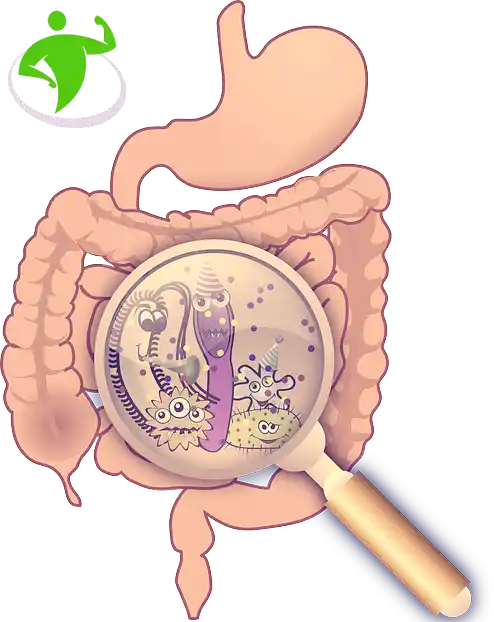It is a medical term used for a human disease, and indigestion or difficulty in digestion occurs as a result of a defect in the function of the stomach.
Indigestion symptoms:
1. The presence of persistent and chronic pain in the upper abdomen.
2. A feeling of fullness of the stomach and abdomen before the satiety process, and the presence of bloating, gas, and belching a lot.
3. Nausea and heartburn in the stomach and esophagus, or the return of food to the mouth, or acidity that penetrates into the mouth, or bitterness in the taste.
4. Loss of appetite and nausea.
5. Bad smell in the breath.
Causes of indigestion:
• Indigestion may be secondary to other diseases such as hardening of the arteries, high blood pressure, the occurrence of functional heart failure, chronic kidney disease, diabetes and endocrine dysfunction as well as malignant diseases.
• There may be some diseases that affect the stomach, esophagus, and colon, and examples of this are that if a person has an infection in the stomach as a result of stomach ulcers, or Helicobacter bacteria, then he will suffer indigestion, and if a person suffers from gastroesophageal reflux disease, he also suffers from indigestion.
But the most important reason for indigestion is the presence of an upset stomach, and its delay in emptying its contents from food into the intestine.
• Tension and psychological and nervous stress affect the secretion of gastric juice, as well as the movement of the digestive system and blood flow.
Things to avoid in order for indigestion not to worsen, including:
Avoid smoking and alcoholic beverages
Limit drinks that contain stimulants such as tea, coffee, soft drinks, energy drinks, cocoa and chocolate.
Not eating right before bed.
Lose weight if it is overweight.
Avoid foods that aggravate indigestion, such as high-fat, spicy foods, sugars, pickles, meat broths, poultry and legumes.
• Avoid psychological pressures, nervousness and depression


Comments
Post a Comment